The Final Stand - Part 4
A Letter to My Pigs and the Life We Lost
This is Part 4 in my series The Final Stand. Part 1 shares the background and our High Court experience. Part 2 traces the slow unravelling that followed. Part 3 is about saying goodbye. The links are above if you wish to read in order.
When I published Part 3 of The Final Stand, I was bracing myself for silence or perhaps even criticism. Instead, the response was overwhelming. Messages from farmers, families, and readers who had never set foot on a farm poured in, each one a reminder that our story is not just ours. It belongs to anyone who has ever felt pushed out by a system that does not see them, or who has had to start again when the dust settles.
Yesterday marked three years since my little family became homeless. I remember the shock and disbelief, the way we clung to the hope that it was only temporary, that surely things would turn around. We never imagined that three years later, we would have lost the farm completely. Yet here we are, still standing, still finding ways to move forward.
But moving forward has not meant letting go easily. The truth is, it took me nearly a year to be able to write about the pain of losing our dream, our home, and my inheritance, which I poured into fighting for the life we built. The hardest part, and the loss that still haunts me, is the animals. Those pigs had my heart. I gave everything I had to them, and while I know many found good homes, I will never know the fate of them all. That uncertainty lingers in quiet moments.
The daily interactions with them were everything to me. I miss the rhythm of their grunts in the morning, the way they would greet me at the gate, the comfort of their presence on days when the world felt impossible.
Some memories are etched so deeply I can still feel them in my bones. In our early farrowing days, when we only had five sows, there was one night that stands out. It was a freezing week in February, and one of my girls was facing her first farrowing. Matt and I tried to sleep in the truck, though what I really mean is we took turns resting, each of us escaping the cold for a little while. Most of my time was spent in the stall, my sow’s head resting on my lap as I talked to her. My voice seemed to settle her nerves. Gradually, she calmed down and allowed her piglets to suckle, adjusting to the new experience. There was a quiet intimacy in those hours, a feeling that has always stayed with me.
Then there was Wiggam, our old boar, whose final days I still replay in my mind. It was a cold and wet day in November 2023 when we lost him. He was such a gentle giant and had been with us through so much. In his last week, he struggled more and more, and I was eight months pregnant, spending my days and nights in the field, hand-feeding him, wrapping him in towels to keep him warm, changing his bedding so he would be dry and comfortable. His eyes still had fight in them, but his body could not keep up. He cuddled into me in the pig ark, his head in my lap, letting me stroke his face and make those quiet, happy grunts that always made me smile. We were still fighting our battles with the council, so Matt had to drag me off site to our caravan for a few hours of restless sleep, just so we would not be accused of residing on site. When we returned, Wiggam had passed. I hope he slipped away peacefully. I wish I could have been there with him till the very end. Matt and I both cried that day. Matt is not one to show tears, but this boar touched both our lives. I felt like I failed him because I was not there at the end.
Rebuilding after so much loss is not a straight line. Some days, it means celebrating small wins, like a peaceful morning or a kind message from a stranger who understands. Other days, it means facing the ache of what’s gone and letting yourself grieve all over again. There are moments when I feel lighter, when I see my boys laughing or catch Matt smiling at something small, and I remember that hope is not lost, just different. The loss of the farm is still raw, but something new is beginning to take root. This is not a story about giving up. It is about what happens when you decide to keep going, even when the landscape has changed.
What surprised me most after sharing my story was how many people reached out to say “me too.” People who have lost homes, businesses, farms, or simply a sense of belonging. People who know what it is to rebuild from the ground up, with no clear map and no guarantees. It reminded me that resilience is not about never falling, but about getting up again and again, even when you are tired and the road ahead is uncertain.
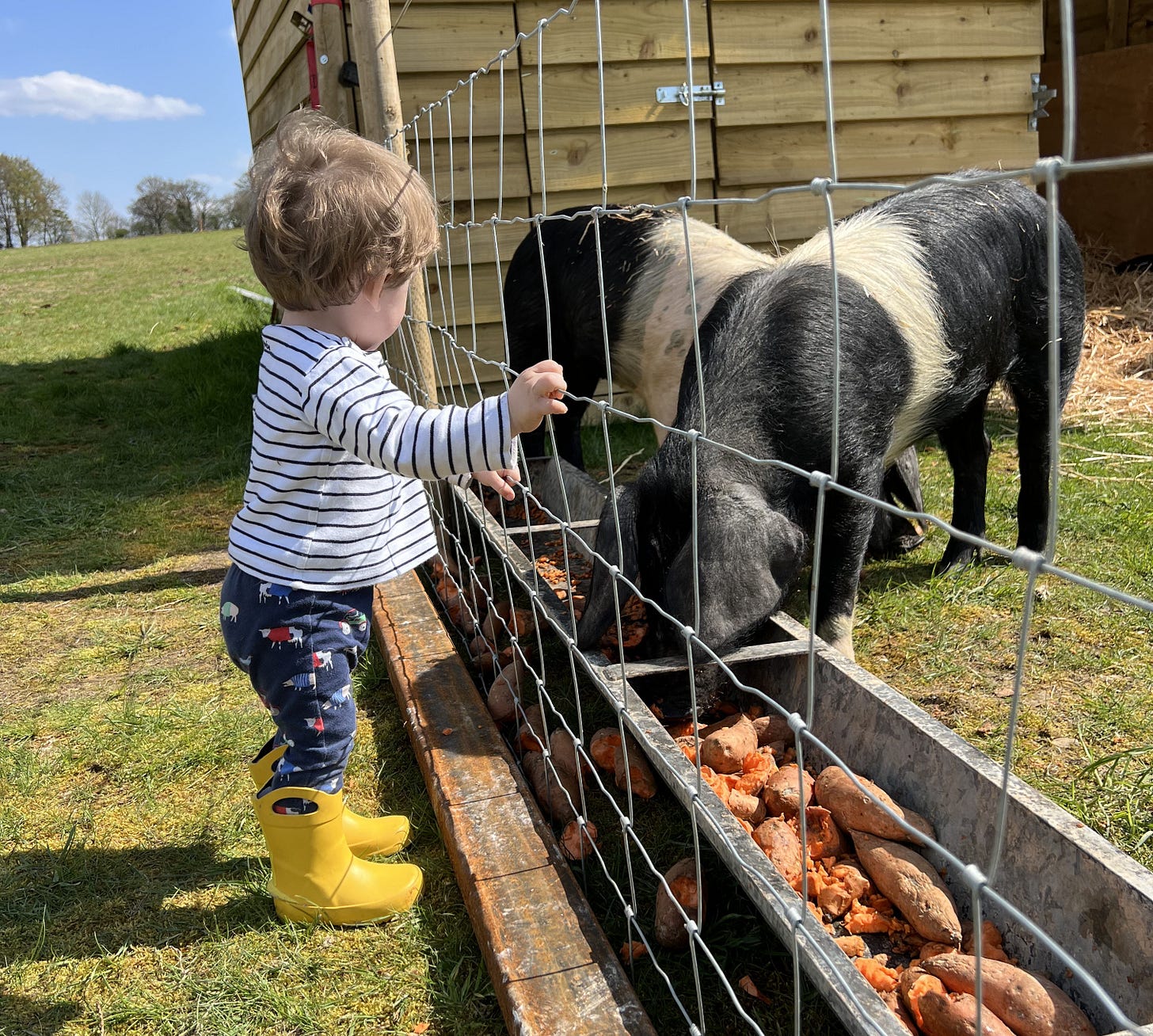
I want to keep this post free, because I think these moments of honesty are what connect us and remind us we are not alone.
Next month, I will be sharing a paid-only deep dive that lays out the hard facts and timeline of our journey - the details behind the emotions, for those who want to understand what we really went through. I will talk openly about the breaches and tactics we experienced from the local planning authority, and just how far some people will go to win, legal or not.
I want to be honest about why this next post will be for paid subscribers only. After everything we have been through, I still do not fully trust the local council not to come after me for writing about our experience.
The fight has always felt personal, and putting this behind a paywall gives me a small layer of protection and a sense that I can share the truth with those who genuinely care, without making myself and my family more vulnerable than we already are.
If you have found something in my story that resonates, it would mean the world if you subscribed or shared this post. Every paid subscription helps me keep writing and advocating for small farms, and it brings me one step closer to my goal of four new paid subscribers this month.
Thank you for reading, for reaching out, and for reminding me that even after everything, there is still community and hope. We do not get to choose what happens to us, but we do get to choose how we carry on. I am still learning, still rebuilding, and still believing that better days are possible. If you are too, you are not alone.
H x
If just five percent of my readers tipped £1 or $1, this essay would pay for itself in terms of time spent working on it.



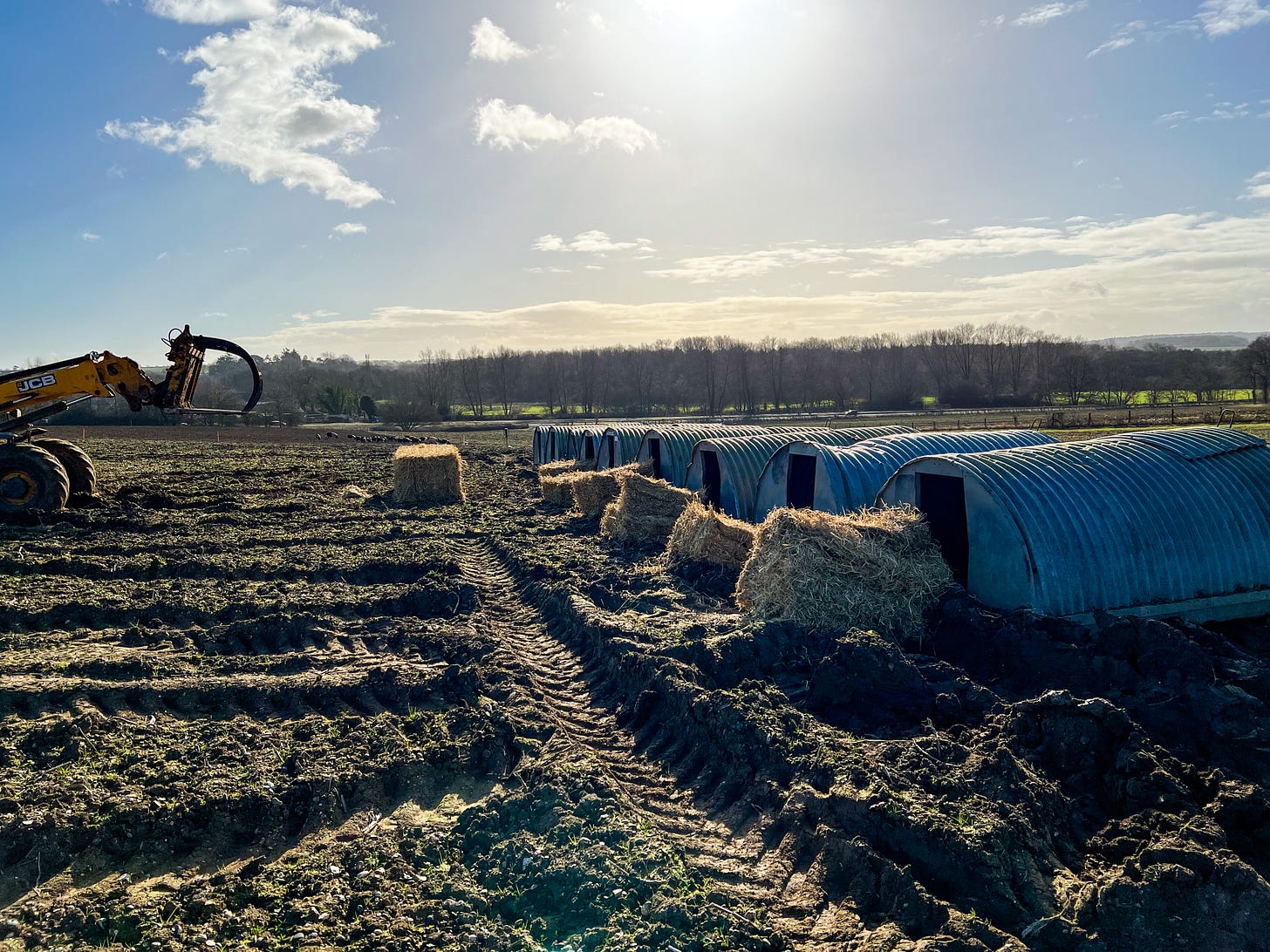
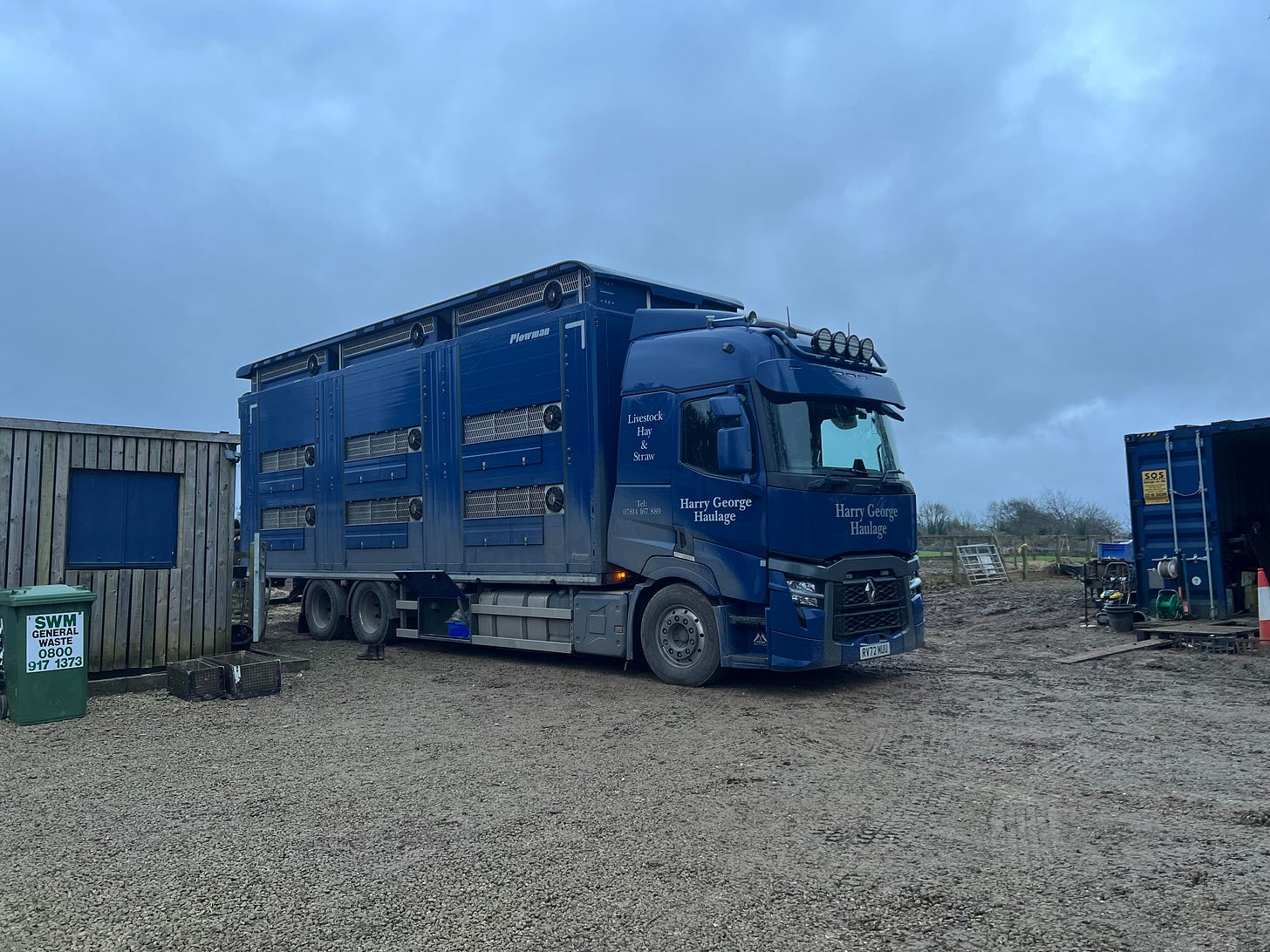
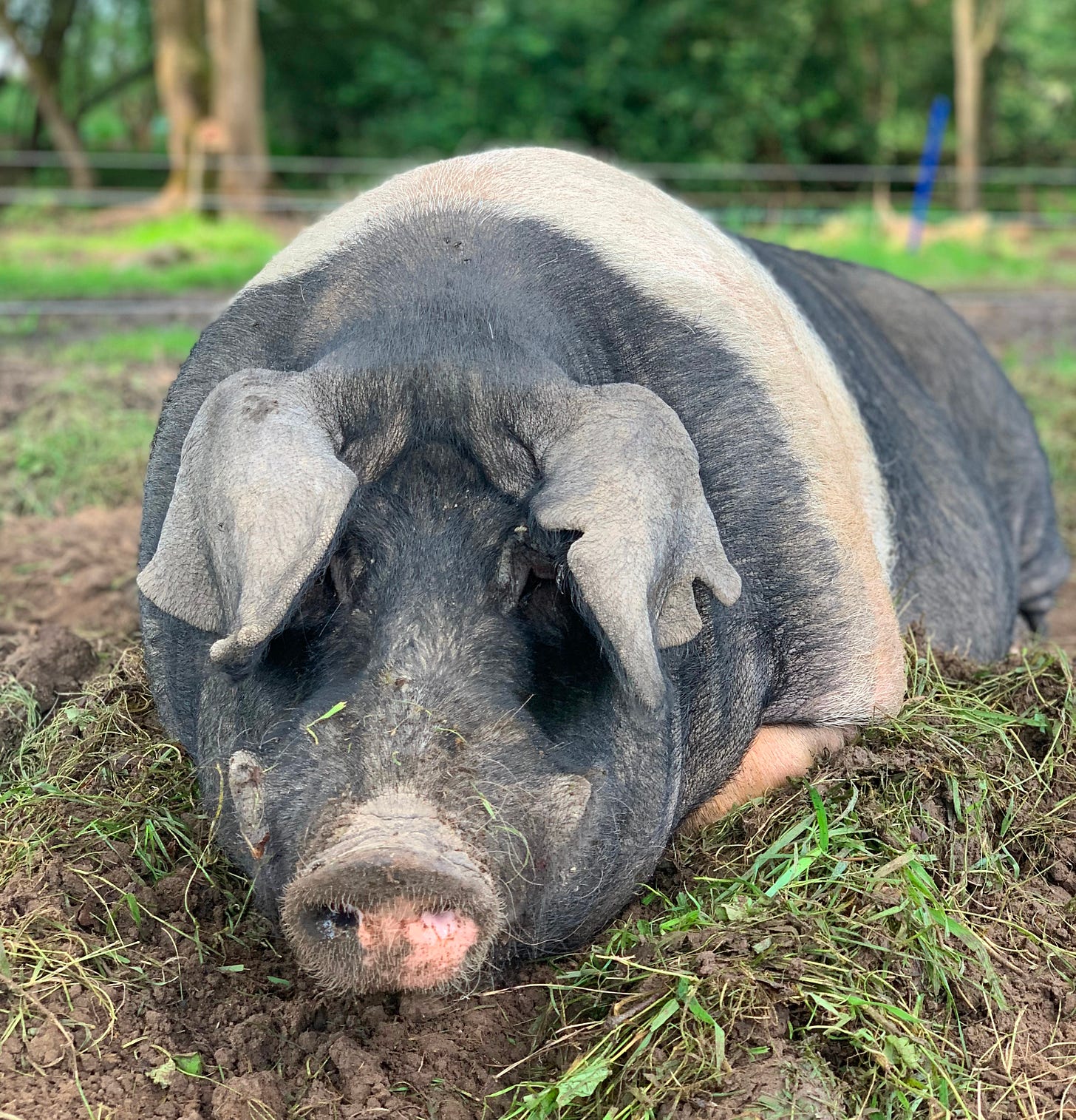
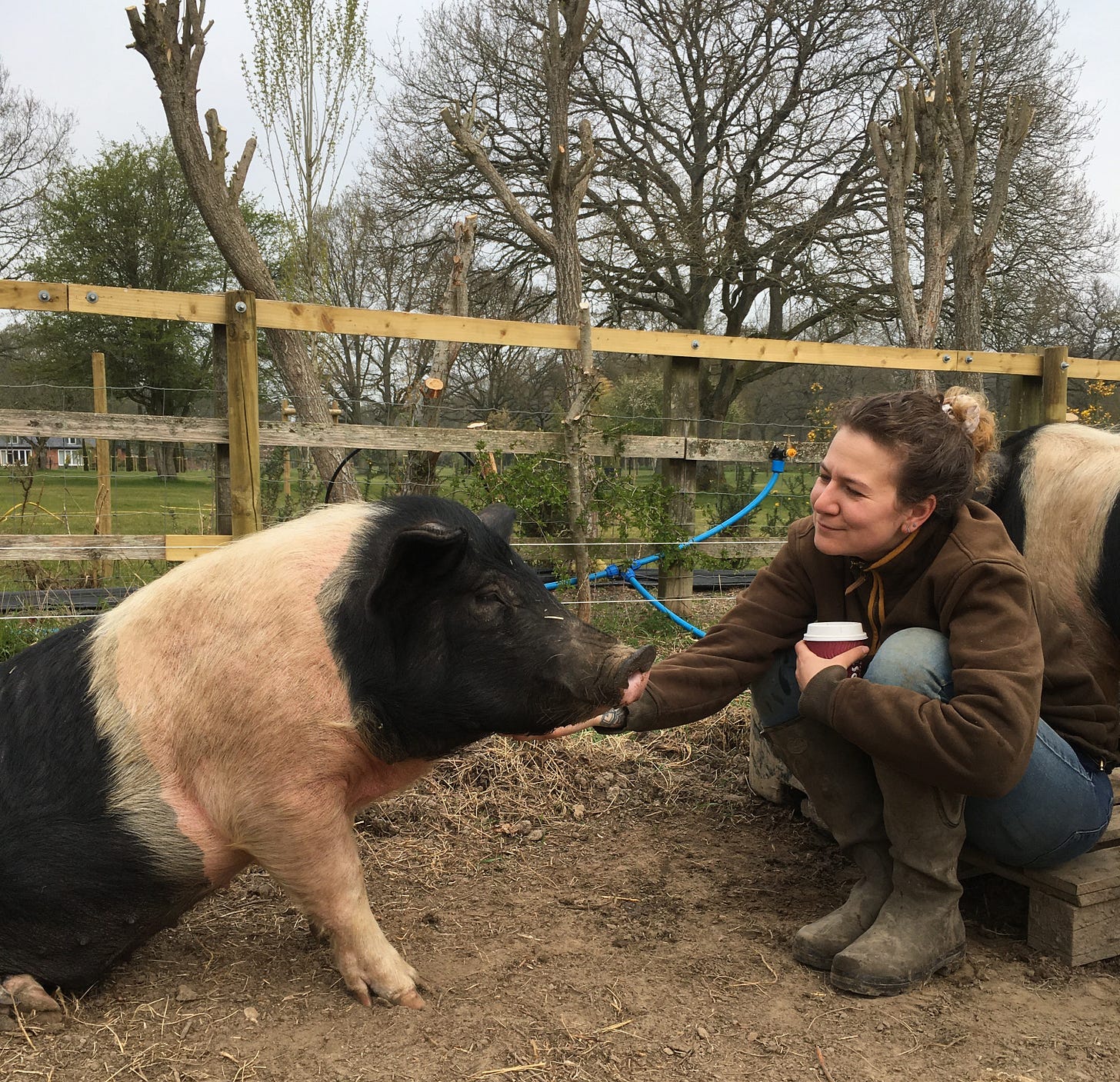
I can never forget seeing my pig herd loaded on the wagons in 1982. And yes the feeling that I had let them down is still there. Broke me. Seen other farmers go through it too. The Emptiness.
Thank you. I will have a read. I love the fact you had free-range pigs.
Beautiful creatures.
I wish you future success and happiness